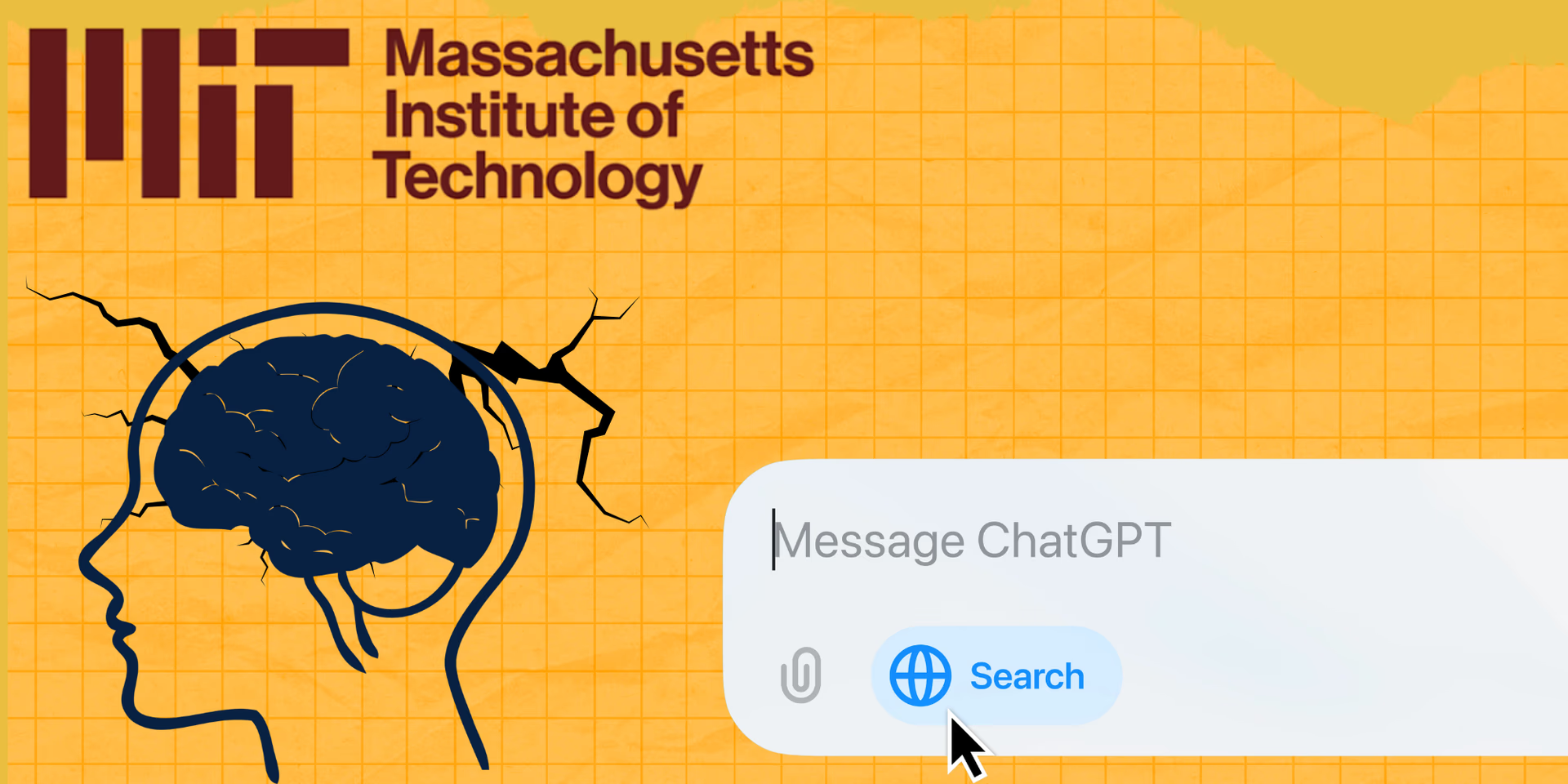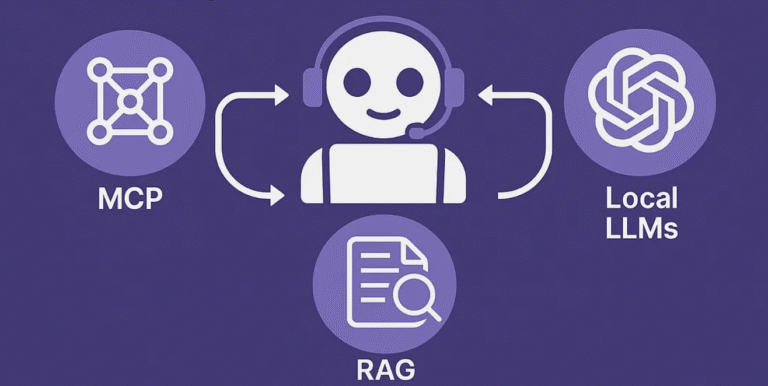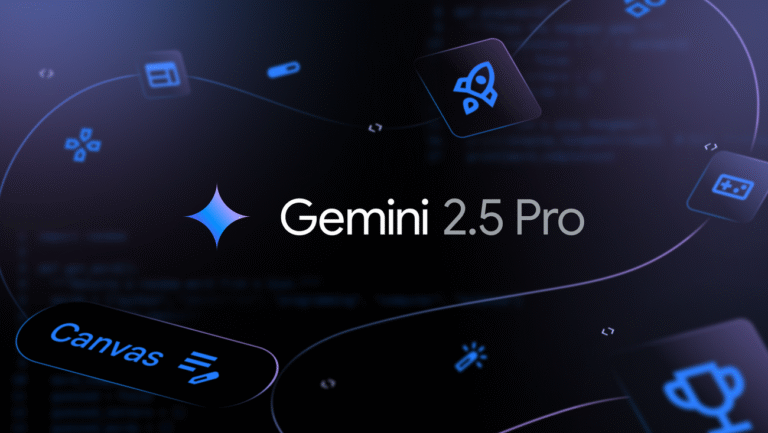Is ChatGPT Making Us Less Smart? MIT Study Reveals AI’s Cognitive Impact
Important Considerations and Limitations:
It’s crucial to note that this study is based on a relatively small sample size of 54 participants, which limits its generalizability. Additionally, the paper is not yet peer-reviewed. The researchers opted to release the findings early due to the pressing need to address the current educational impacts of AI. While these findings are preliminary, they align with broader concerns about AI’s role in cognitive development. It’s also worth noting that some perspectives, like a Nature meta-analysis cited in one of the sources, suggest that AI can actually boost learning if used thoughtfully, indicating that the negative impact might depend on usage patterns rather than the tool itself. Other opinions suggest a balanced approach could mitigate negative effects, pending more robust data.
Recommendations and Takeaways:
Given these findings, here are some recommendations for navigating the evolving landscape of AI:
- Prioritize Active Engagement: Encourage and practice active learning and problem-solving without AI assistance to foster deeper cognitive processing, critical thinking, and memory retention. Don’t let AI replace your own thought process entirely.
- Use AI as a Tool, Not a Crutch: View AI as an assistant rather than a substitute for your own intellectual effort. For example, use it for brainstorming, initial drafts, or information synthesis, but always follow up with your own critical review, editing, and original thought.
- Be Aware of “Cognitive Debt”: Understand that the convenience of AI might come at the cost of long-term cognitive skills. Consciously challenge yourself to think independently, even when AI provides an easy answer.
- Promote Balanced AI Literacy: In educational settings and at home, teach how to use AI responsibly and thoughtfully. This includes understanding its limitations, verifying information, and knowing when to rely on one’s own cognitive abilities.
- Advocate for More Research and Responsible Development: Support calls for further, larger-scale, peer-reviewed studies on AI’s long-term cognitive effects, especially on developing brains. Encourage AI developers and policymakers to consider and integrate cognitive safety into their designs and regulations.
While AI offers immense benefits, understanding its potential downsides is crucial. By adopting a balanced and intentional approach to AI use, we can harness its power without sacrificing our cognitive capabilities.




